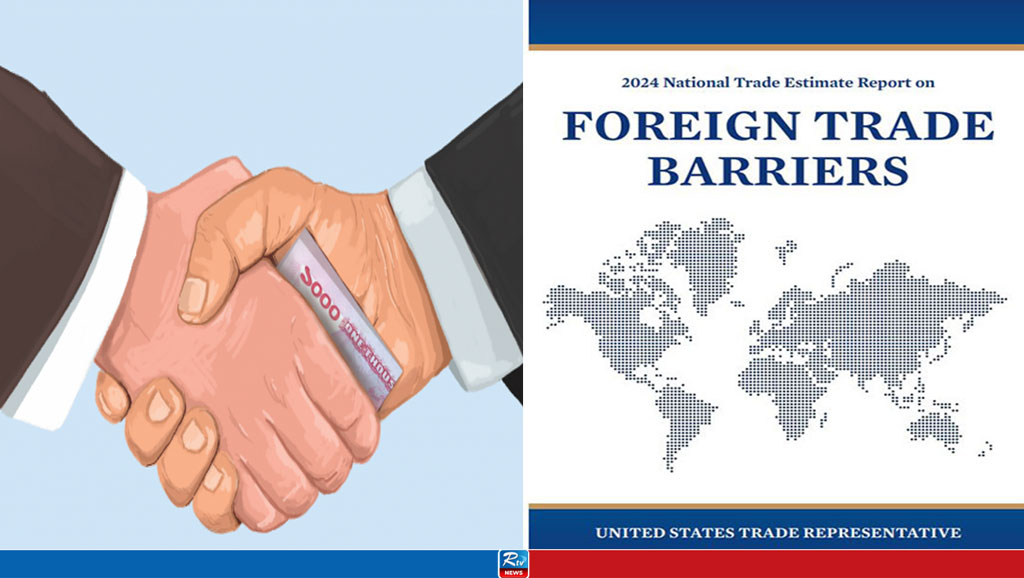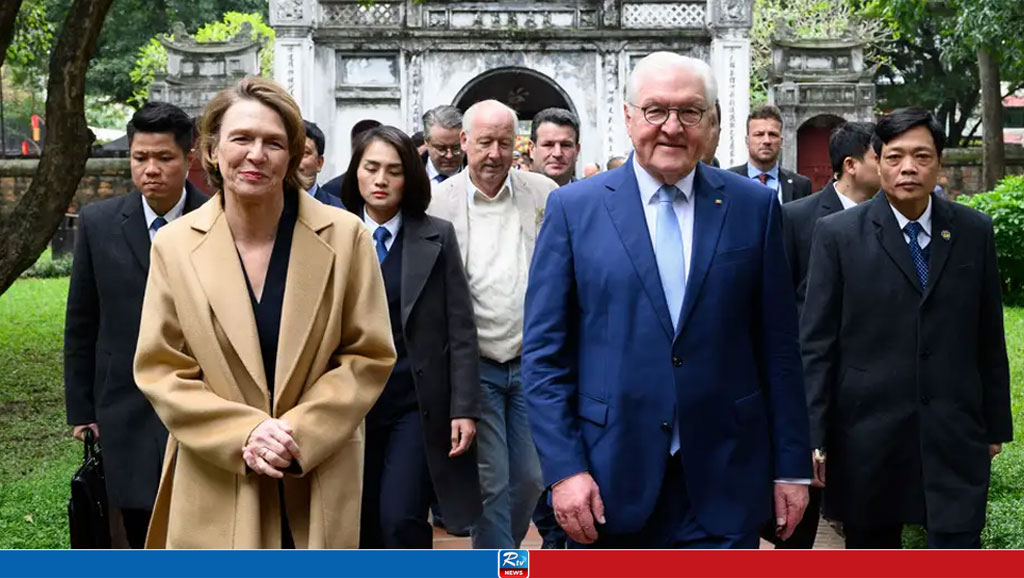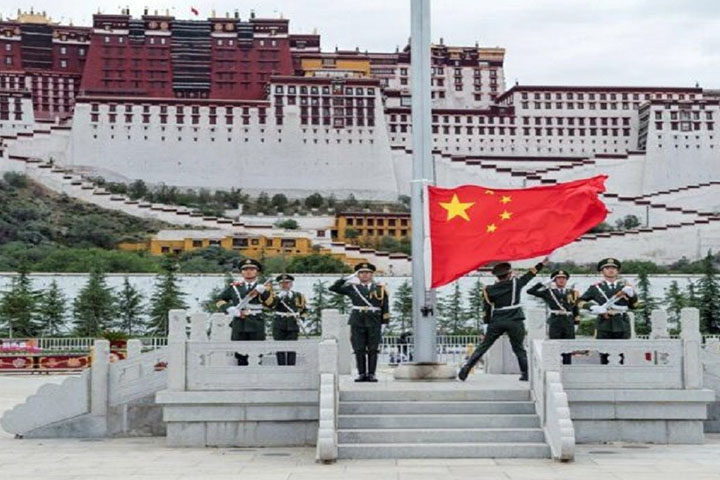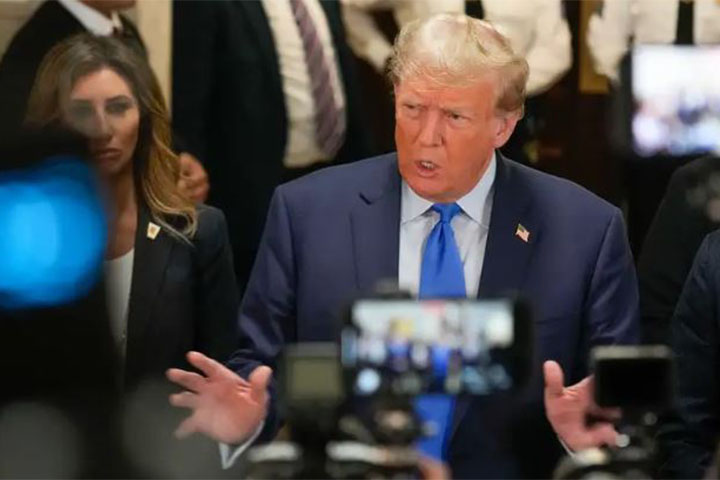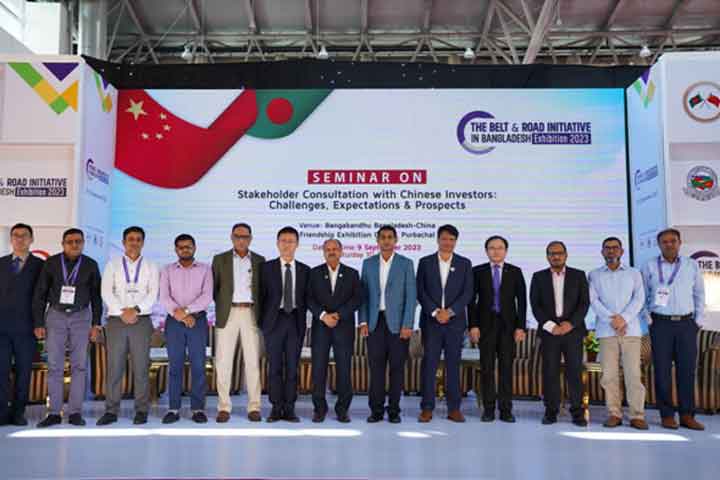Beijing's Sinicization Act: Chenese Business outlets face dictates to replace Tibet with 'Xixang'
While China’s social, cultural, and religious engineering with its non-Han Chinese communities continues, Beijing has accelerated the process of Sinicization of Tibet so much so that even business firms dealing with Tibetan goods have been asked to use ‘Xizang’ in place of Tibet while marking their products from the region.
Last week, China’s e-commerce giant Weidian which operates over 90 million online retail outlets with a trading volume of 100 billion yuan ($13.7 billion), issued a notice to all its platform merchants to either use word ‘Xizang’ in the place of Tibet or face rejection of their goods, South China Morning Post said.
Though no deadline has been issued for the acceptance of this transition, the management of the e-commerce company has asked its online retailers to display the word ‘Xizang’ on products sourced from Tibet, the Hong Kong-based daily said. No reason has been cited for the sudden decision to paint everything identified with Tibet with Chinese brush.
However, the process of calling Tibet as ‘Xizang’ received a renewed push after Foreign Minister Wang Yi, during the third Trans-Himalaya Forum for International Cooperation in Nyingchi city on October 5, called for using ‘Xizang’ as the official translation for Tibet, which was annexed by China in 1950, a year after the CPC won the civil war.
The two-day Trans-Himalaya Forum meeting was attended by representatives from 12 countries, including Nepal, Bhutan, Pakistan and Afghanistan, the Chinese Foreign Ministry said in a statement.
At this meeting, as per media reports, Chinese Foreign Minister Wang Yi in his speech repeatedly used the word ‘Xizang’ while referring to Tibet, a region which is home to 3.5 million people. For example, he said, “China welcomes friends from all other countries to Xizang to personally witness Xizang’s tremendous achievements in its economic and social development.”
But push came to shove when Chen Wenqing, a Communist Party of China’s politburo member and Chief of the Central Political and Legal Affairs Commission, in his address to a group of provincial security chiefs in Gannan in Gansu province on August 27 called for taking a clear stand to safeguard the unity of China, oppose ethnic separatism and ensure national security.
He said they “must take the initiative to prevent and control risks and resolutely maintain the long-term peace and stability of not only the Tibet Autonomous Region (TAR) but also of prefectures with Tibetan majorities in the surrounding four provinces,” state-backed Xinhua news quoted Chen Wenqing as saying. These provinces with Tibetan majority are: Sichuan, Yunnan, Gansu, and Qinghai.
Analysts say such developments show Chinese leaders are not fully convinced about the stability of the Tibetan region despite years of harsh crackdown on the people of the region. In the Tibetan region, monasteries are subjected to monitoring, monks and nuns are harassed and often persecuted by Chinese authorities. In the name of social management, it is alleged that large scale collection of data of Tibetans through DNA extraction, iris scans and facial recognition are being carried out.
Early this year, the world was in for a deep shock when three UN experts in their report said that roughly one million Tibetan children have been separated from their families and forcibly placed into Chinese state-run boarding schools, as part of efforts to assimilate them “culturally, religiously, and linguistically into the dominant Han Chinese culture,” Time, an American news magazine, said while quoting the UN experts’ report.
Giving chilling details of forced cultural dissociation of Tibetan children from their roots, the UN report quoted by Time said Tibetan children from rural areas are placed in residential schools, where lessons are “conducted solely in Mandarin Chinese with scant reference to Tibetan history, religion, and certainly not exiled spiritual leader the Dalai Lama.”
Sinicization of Tibet and its culture, tradition and way of life has been speeded up since Xi Jinping became CPC General Secretary in 2013. In September 2020, when China and entire parts of the world were grappling with deadly coronavirus, Xi Jinping attended the seventh central symposium on Tibet, considered to be China’s highest-level meeting on Tibet, where he proposed three goals for the complete assimilation of Tibetans into Chinese mainstream life.
First goal included, strengthening of political and ideological education in Tibetan schools by replacing religious texts with the CPC rulebook; second goal emphasized upon by the Chinese President, included strengthening of border defence and frontier security of Tibet by crushing any dissent brewing in Tibet; third goal included replacement of Tibetan scripts with Chinese characters.
The third goal was also emphasized during a three-day seminar on Tibet in Beijing in August this year. The seminar, backed by the United Front Work Department, which oversees ethnic and minority affairs in China, was participated by 320 scholars, including 40 from outside mainland China, Xinhua news said. Their stand was that by replacing Tibet with the word ‘Xizang’ would lead to enhancing China’s international discourse on Tibet.
Across state-backed media, the word ‘Xizang’ has been in use in China since 2019. According to South China Morning Post, the English language editions of People’s Daily, tabloid Global Times, official Xinhua news agency and broadcaster CGTN have been using ‘Xizang’ in their English language reports for the last five years.
But no state-backed news outlet has ever completely replaced Tibet with ‘Xizang.’ Both names often figured in the Foreign Ministry statements also. After the October 5 direction, stress is being laid on calling Tibet as ‘Xizang’. The Chinese government says the move is a part of its effort to mainstream Tibetans’ life in China.
In hindsight, however, the move is a part of forced cultural assimilation of Tibetans, which is being undertaken when the international community, including the US and the European Union have raised concerns over increase in human rights violations of Tibetans in China.
Source: Tibet Press:
29 Oct 2023,14:46



















 Live Tv
Live Tv
